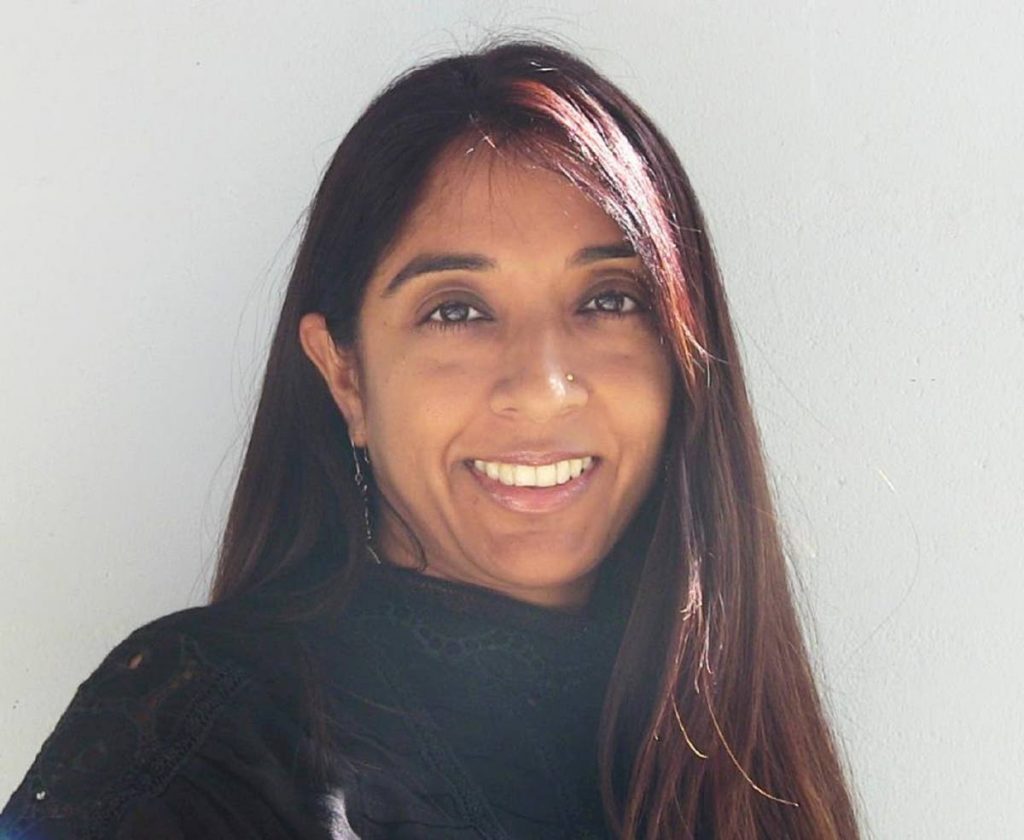A game to change lives

Diary of a mothering worker
Entry 352
motheringworker@gmail.com
DR GABRIELLE JAMELA HOSEIN
SOMETIMES, THE university is the best place to be. There is a chance to teach skills encouraged in few other places, and to simultaneously nurture a hard reading of reality, a utopian demand for freedom and acts of principled courage.
This is particularly true for young women and men challenging gender and sexuality norms, and learning about the continued necessity for Caribbean feminist struggles to end violence and inequality.
Our society is hardly friendly to these struggles, they are barely taught in any syllabus, and progress remains slow, disciplined by the status quo and contained by the backlash. Despite the apparent educational success of girls, such struggles therefore remain just as relevant today.
Ask the students of IGDS Ignite, a feminist undergraduate mentorship programme focused on inciting another generation of students to spark and lead activism which changes the conditions of their lives and advances gender justice.
Last week Thursday, I walked into the Ignites’ “Chalkback” event held in the university’s quadrangle. Organised as part of 16 Days of Activism Against Gender Based Violence, the student-led action built on an earlier Instagram campaign, @catcallsofuwi, which highlights sexual harassment on the UWI St Augustine Campus.
The idea for @catcallsofuwi was brought to IGDS Ignite by Kelsie Joseph and Tia Marie Lander, second-year students who were introduced to activism in their Men and Masculinities in the Caribbean course, and who were inspired by the @CatCallsofNYC campaign. The UWI student campaign currently has 1275 followers, mostly 18-24 years old, 77 per cent of whom are women. Between November 26 and December 2, there were 1565 interactions on the page and 3854 accounts reached.
This is a youthful example of Caribbean cyberfeminism, or using technology and social media to break silences, share stories, and build community around gender and sexual justice. As the university commemorates the 50th anniversary of the Black Power Revolution, started on the campus, our business can’t be nostalgia, but keen attention to the makers, messages and media of radical organising today.
I approached a 40-foot sized chalk-drawn game covering the middle of the quadrangle. Its steps connected sites on campus to stories of sexual harassment highlighted on the Instagram page.
I took the box-sized dice the students made and rolled, following the number of steps to a space which the students titled, “Security Booth.” “Come inside nah sweetheart, I want to take you home,” was the first quote, highlighting experiences of discomfort, rather than protection.
And, so the game went with each square fictionally labelled with a location and each highlighting real sexual harassment experienced by young women students as they pursue the very education which the society is worried is a threat to manhood everywhere.
At the Student Activity Centre: “Are you your mother’s only child? Can’t have nobody else sweet like you.” In the quadrangle: “I would slurp you like a cup of callaloo.” At Engineering: “I need to know where I could get a sweet reds like you to marry.” On the LRC Greens: “Baby girl, I heard ladies with bowlegs have something sweet between them.” At the Faculty of Science and Technology Greens: “Nice a--, I would tap that.” At the Faculty of Humanities and Education: “De thing buff boy, wah yuh have in there?” At the Centre for Learning Languages: “That pu--- looks fat, I could f--- it.” In the parking lot: “See you, I going to kidnap you.” At Daaga Hall: “Smallie with the nice bottom.” At the Teaching and Learning Centre: “You’re perfect size and wife material, I just want to tek yuh away.”
As I played, the game felt more disturbing, and more real. Girls have faced this in public spaces their whole lives. Seeing how we’ve failed to protect another generation, prioritise prevention, and end perpetration should renew our sense of responsibility.
IGDS has long used games to teach, encouraging chalk graffiti and poster as well as social media campaigns, and emphasising interactive peer education, even when it seemed frivolous, like students should have instead been studying books. IGDS Ignite aimed to reach them out of the classroom, and to enable undergraduates to have both support and independence to invent and lead generational advocacy for themselves.
Mentored by graduate students, rather than faculty, this is what activist succession planning requires. Adults have to learn to trust youthful judgment. Graduate students grow through providing guidance. Undergraduates experience the right to address their own realities.
In doing so, they create the transformations needed for the university to really become the best place to be.

Comments
"A game to change lives"